The complaint was filed last week by Noise Free and discovered by IDG News Service. The plaintiff is accusing Apple and its partner Audience of patent infringement, misappropriation of secrets, breach of contract and violation of a California statute on unfair competition.
Noise Free filed for a patent (US Patent No. 7742790) on a noise reduction and cancellation invention in 2007. The U.S. Patent and Trademark Office granted the patent in June 2010.
According to the company's court filing, which was posted by MacNN, Noise Free approached Apple with a presentation detailing its new technology in September 2007. It proposed that its noise reduction system be implemented in the then-fledgeling iPhone. The two companies agreed to hold shared information confidential and continued meeting throughout 2008.
Noise Free claims that it provided Apple with highly confidential items, including a user guide, fully operational circuit board, fully operational phone mockup and documentation for the technology in late 2008.
Drawing of Noise Free noise cancellation patent. Source: Google Patents
"At one point, Apple's head of mobile phones and tablets was called into the meeting to learn about Noise Free's technology," the filing read.
The Santa Clara, Calif.-based company went on to allege that Apple "performed a series of unauthorized tests on Noise Free's hardware, improperly extracted Noise Free's proprietary and confidential object code" and then replicated the technology on its own.
The complaint also claimed that Apple failed to return documentation and a user guide for the Noise Free hardware when it was requested "in or around early 2009."
Apple reportedly "ceased communication" with Noise Free in 2009, before resuming discussions in 2010, according to the filing. In June 2010, a month after a meeting between Noise Free and Apple, Apple filed a patent application for "User-specific noise suppression for voice quality improvements." The listed inventors of the patent were allegedly "involved in and/or present at Noise Free's presentations" to Apple.
Noise Free and Apple were said to have continued meeting through the summer of 2010 until Noise Free learned that Apple had chosen rival Audience to supply noise cancellation chipsets and software.
"On further information and belief, Apple provided Audience with Noise Free's confidential trade secret information to assist Audience in delivering a noise cancellation solution that was similar and/or identical to the solution that Noise Free designed," the suit alleged.
The complaint claims that Apple's iPhone 4, iPhone 4S, the three generations of iPad and other products infringe the '790 patent. Noise Free also seeks "exemplary or punitive damages" against Apple and Audience for the alleged misappropriation of its trade secrets. The company also asks the court to grant it any patents that would come from Apple's own patent application for noise cancellation technology.
 Josh Ong
Josh Ong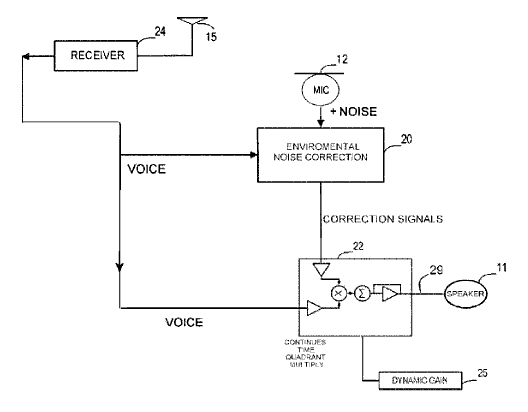

-m.jpg)





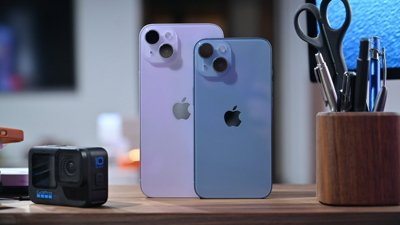
 Malcolm Owen
Malcolm Owen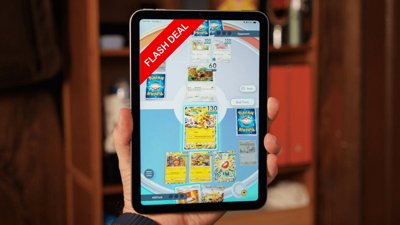
 Christine McKee
Christine McKee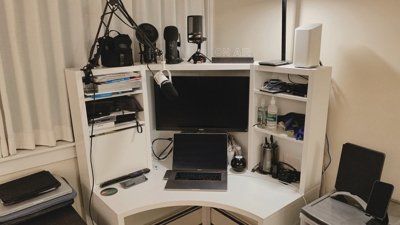
 Charles Martin
Charles Martin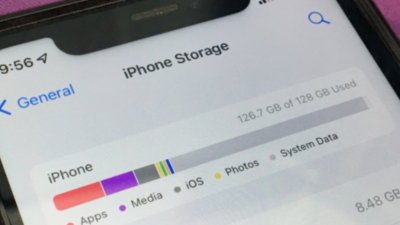

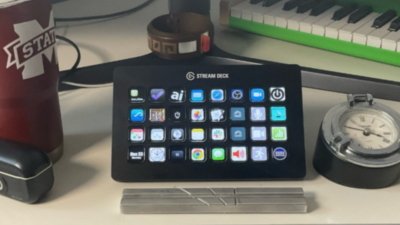
 William Gallagher
William Gallagher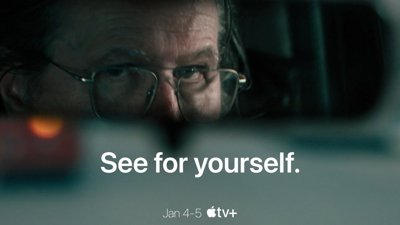
 Amber Neely
Amber Neely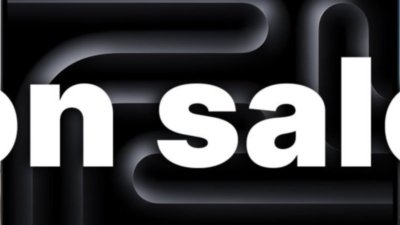
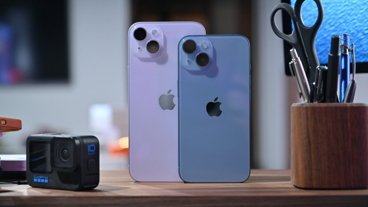
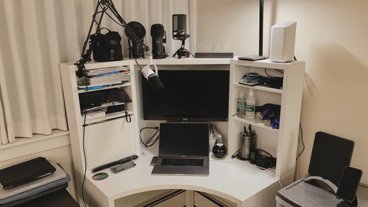
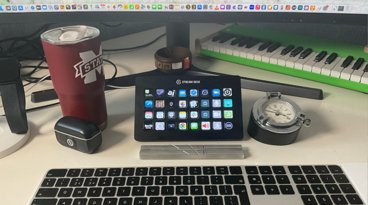







82 Comments
If this is true then it's just like the movie about Ford stealing the intermittent windshield wiper from an inventor. It was blatant and evil. How long do such suits take to get through a court to a conclusion? Will this take more than a year to get to trial? What would happen if Apple just bought the company? Could the inventors continue to sue even if Apple owned them?
[quote name="Smallwheels" url="/t/151185/apple-accused-of-stealing-noise-cancellation-technology#post_2143564"]If this is true then it's just like the movie about Ford stealing the intermittent windshield wiper from an inventor. It was blatant and evil. How long do such suits take to get through a court to a conclusion? Will this take more than a year to get to trial? What would happen if Apple just bought the company? Could the inventors continue to sue even if Apple owned them?[/quote] I don't mean to jack but the story here is interesting... [INDENT]In 1963, the first modern intermittent wipers were invented by Robert Kearns, an engineering professor at Wayne State University in Detroit, Michigan. The road to intermittent wipers began earlier, on his wedding night in 1953, when an errant champagne cork shot into Kearn's left eye, which eventually went almost completely blind. Nearly a decade later, Kearns was driving his Ford Galaxie through a light rain, and the constant movement of the wiper blades irritated his already troubled vision. He got to thinking about the human eye, which has its own kind of wiper, the eyelid, that automatically closes and opens every few seconds. Finally in 1963, Kearns put his idea into action, building the first intermittent wiper system using off-the-shelf electronic components. Kearns showed it to the Ford Motor Company, and proposed manufacturing the design. In the Kearns design, the interval between wipes was determined by the rate of current flow into a capacitor. When the charge in the capacitor reached a certain voltage, the capacitor was discharged, activating the wiper motor for one cycle. After extensive testing, Ford executives decided to offer a design similar to Kearns’ intermittent wipers as an option on the company's Mercury line, beginning with the 1969 models. Kearns and Ford became involved in a multi-year patent dispute that eventually had to be resolved in court. A fictionalized version of the Kearns invention and patent lawsuit was used for the 2009 film Flash of Genius, which is billed as "based on the true story", but does not claim to be historically accurate in all respects. Kearns may not, in fact, have been the original inventor of the intermittent wiper concept. John Amos, an engineer for the UK automative engineering company Lucas Industries, was the first to file a patent for an intermittent wiper (US Patent #3,262,042, issued 1966), two years before Kearns applied (US Patent #3,351,836, issued 1967). One notable difference is that the Amos patent describes an electromechanical device, whereas Kearns proposed a solid-state electronic circuit. In March 1970, Citroën introduced rain-sensitive intermittent windscreen wipers on their SM model. When the intermittent function was selected, the wiper would make one swipe. If the windscreen was relatively dry, the wiper motor drew high current, which set the control circuit timer to delay the next wipe longest. If the motor drew little current, it indicated that the glass was wet, setting the timer to minimize the delay. [LIST][*]http://en.wikipedia.org/wiki/Windscreen_wiper#Intermittent_wipers [/LIST][/INDENT]
Apple chose Audience chip over theirs. Seems like sore losers.
Apple chose Audience chip over theirs. Seems like sore losers.
Did you read the entire story ?
Anyway, this is just the thing which patents should prevent.....
Noise canceling headphones have been around for decades now. I'm surprised that somebody doesn't already have a patent on the technology. Those decades old products seem to work on a similar principle as the patent diagram in the OP, with an extra mic picking up ambient noise.